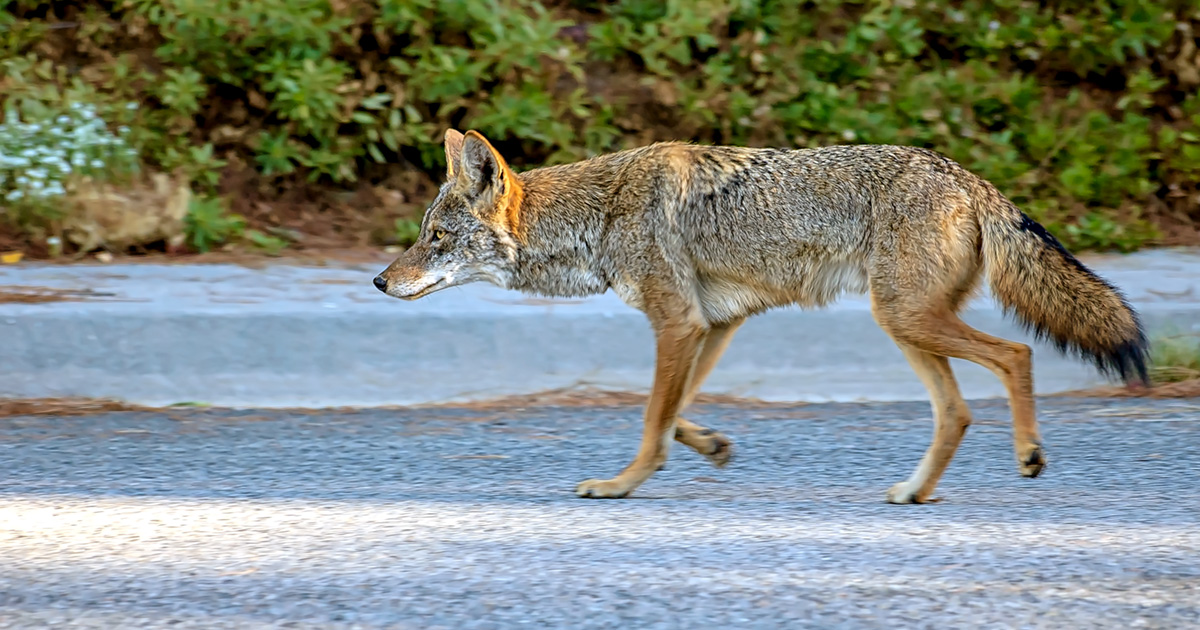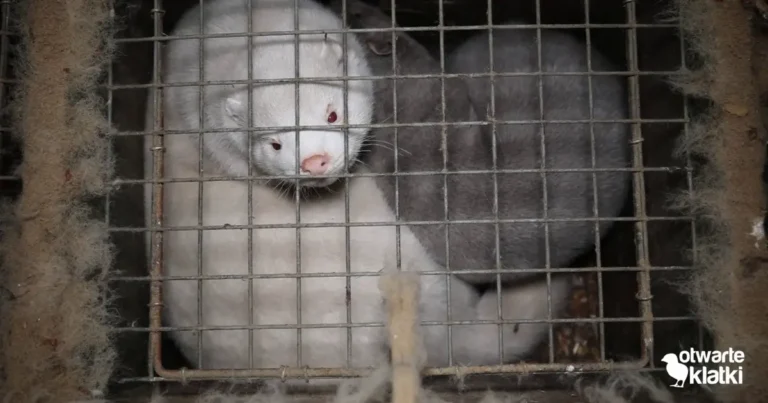
Two coyotes have died following multiple reports that the native animals had approached and nipped at passersby in Stanley Park, Vancouver.
Global News reports that the incidents began in mid-December, resulting in several injuries ranging from minor scratches to trips to the “hospital for tetanus shots and treatment.” There were nine reported incidents prior to the coyotes being killed.
All parties and observers agree that the behaviour was most likely caused by the ongoing feeding of coyotes in the park.
The Stanley Park Ecology Society reports that, even during the pandemic, residents are attending the park with the intention of feeding wildlife. In some cases, people are leaving dog food for raccoons, which will also attract coyotes.
“After the news came out, a lot of people were reporting to us after the fact, ‘Hey, I had this experience in the park, I saw someone feeding a coyote,’” Dannie Piezas of Stanley Park Ecology Society told Global News. “I think coyotes are very charismatic and cute, and I’m sure a lot of other people do, so it’s very hard for some folks to see that and not want to offer something.”
The unfortunate and frequent consequence of feeding wildlife is what happened at Stanley Park; people taught those coyotes to approach them. It doesn’t mean one person taught coyotes to approach people the way one might teach a dog to sit for treats; but it does mean the coyotes experienced enough of people giving them food directly or being associated with providing food that they decided to approach other people in search of more food. In Stanley Park, there are more than enough natural food sources, the animals who call it home don’t need assistance.
The best thing we can do for most wild animals is to show our respect by letting them be wild.
Wanting to feed wildlife can feel like the right thing to do, but as animal lovers, we must ask: is our moment of bonding worth the potential consequence to them? Can we appreciate the impact we’re having on a complex ecosystem? The best thing we can do for most wild animals is to show our respect by letting them be wild.
